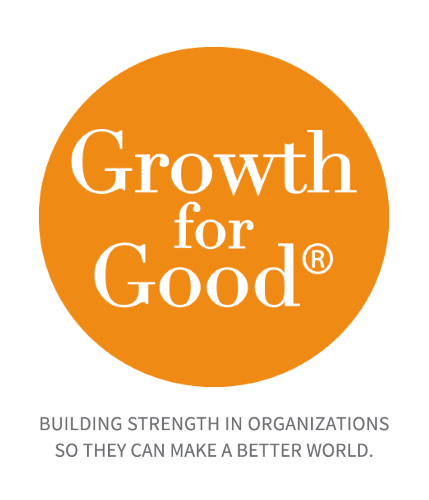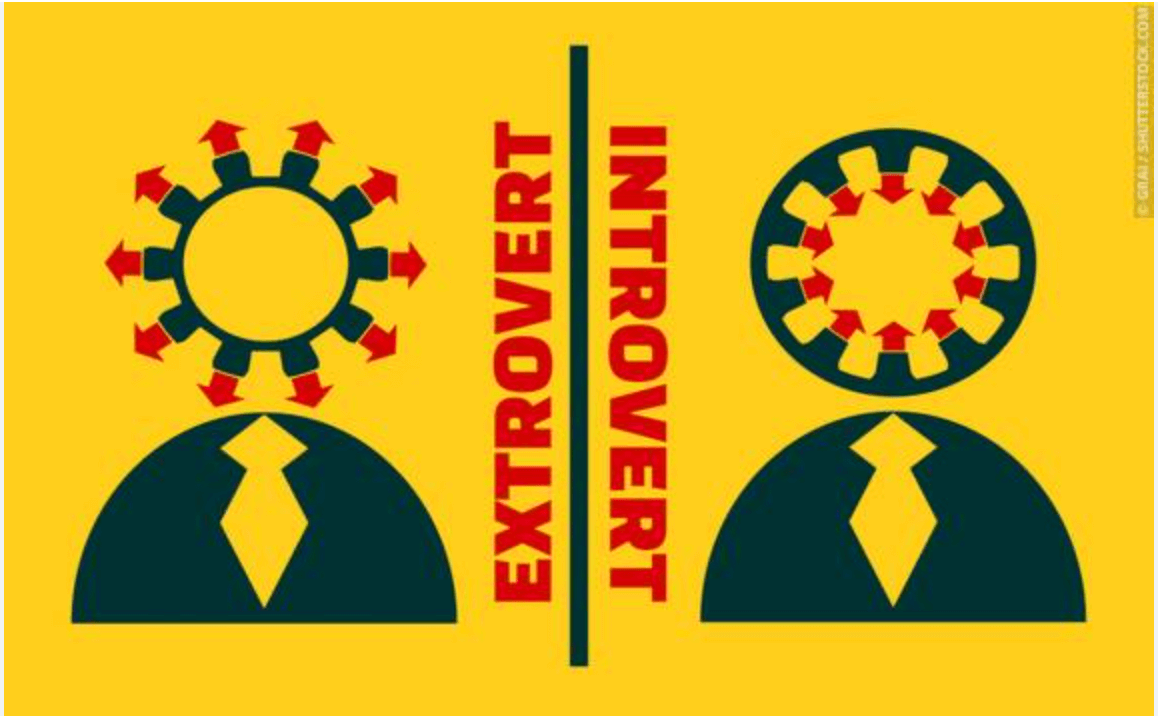Culture Eats Strategy for Breakfast
We are inspired by this quote by management guru Peter Drucker. Whether you want to strengthen your development and/or communications department, strengthen your leadership circle, build stronger relationships among your board, or you’re a planning committee, creating effective teams is about setting a culture of passion.
We often don’t invest the time or attention to our internal work culture, yet that can lead to greater success and satisfaction. People who enjoy working as a team are more likely to stay in a job, collectively develop creative solutions to challenges, continue to volunteer, and enjoy working toward a common purpose.
We coach and help executive directors and leadership staff discover opportunities and overcome obstacles related to creating an engaging organizational culture. We also try to live and lead applying our 4-Cs of managing team culture: care, champion, communication, and course.
We hope that these 4-Cs are thought-provoking and provide specific practices that will positively impact your teams.
CARE
Demonstrate that you truly care about each and every aspect of your team and its work. Start with acknowledging your role in defining expectations and creating a culture of passion. Talk about your clients, community impact, and mission with your team every day. All too often, we get so wrapped up in data, financials, operations, and to-do lists that we lose sight of what brought us to the nonprofit sector and a career in service. Create a connection with those on your team that will inspire others.
During the pandemic, the organizations with leaders who focused on the health and wellness of everyone in their community retained talent, volunteers, and funders. The silver lining is that we shouldn’t lose this sensitivity!
CHAMPION
Be the champion your team is looking for. Becoming an employer or cause of choice takes action and conviction. Commitment. Taking the time to find everyone’s value, appreciating their contribution, and showing gratitude will attract good people, good volunteers, and good donors – and you will spend less time and fewer resources continually having to recruit new staff, support, and investment. Champions of transformational change create efficiency and effectiveness by intentionally nurturing a commitment to a cause. Literally, you have to “be the change”!
COMMUNICATION
Most challenges – and opportunities – are based on clear and effective communication. Make sure your organization’s mission statement is short and consistent. Ensure that it’s omnipresent and everyone knows that they contribute to the impact that you make. If you are leading a change in your community, organization, or team, share your vision and motivation. Invite others so that they too can feel a sense of accomplishment. Share stories of the program outcomes, community impact, fundraising success, or praise a superhero among your team.
Your leadership culture and communication strategy play an essential role in enabling transformation and lasting impact.
COURSE
Define and articulate a clear course of action that your team can understand, articulate, and embrace. Chart a path with your team, set program benchmarks, define fundraising goals with your benefit committees, target your campaign outcomes with marketing, etc. If your team is involved in setting the course and developing the strategies to get there (think SMART goals!), team members will be more invested and engaged. If it’s good for the community and good for the organization’s growth, it will be good for them and should find them more willing to work harder than they had before.
If you or your team don’t have the comfort, discipline, or skills to stay on course, take a course! Find a workshop, trainer, or even a coach to help you and your team be successful. Consider a virtual board retreat, a lunch-n-learn workshop, or a best-practices breakfast focused on specific skills and team building. Even an hour of Zoom can be productive.
Addressing these 4-Cs will help you discover opportunities and overcome obstacles when creating an engaging organizational culture. Focusing on your nonprofit’s positive culture now will help your staff and volunteers transition from the virtual world of COVID to engaging in-person.
Photo credits: Lesly Juarez and Chris Montgomery on Unsplash
Recent Posts
Subscribe to Our Newsletter
* These fields are required.
Contact Us
500 Summit Avenue
Maplewood, NJ 07040
P: 973-762-7645
E: contact@growthforgood.com







